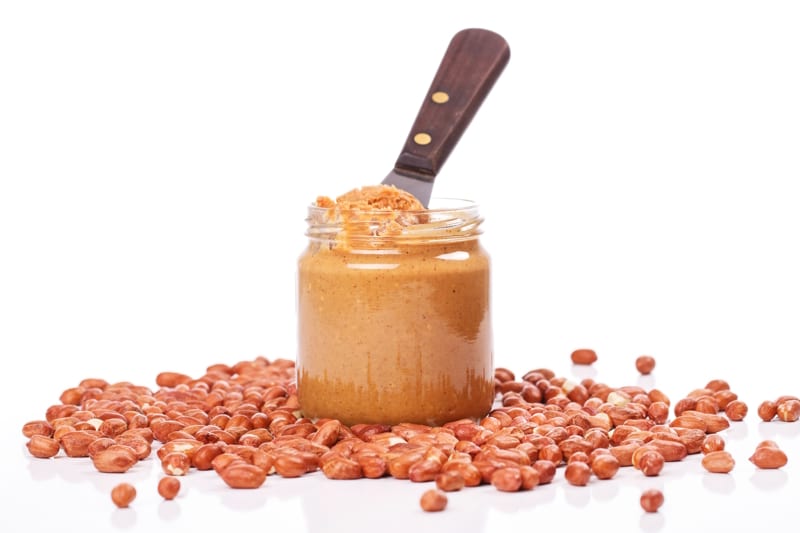A regular meal of peanuts and peanut butter may be beneficial to the health of blood vessels, according to recent studies.
Although peanuts are a common concession item at baseball games, recent studies suggest that eating the legumes may also have significant positive effects on one’s physical well-being. Peanuts and peanut butter have been linked to better vascular health in the findings of a study that was released earlier this month and was published in the peer-reviewed scientific journal Antioxidants.
In this study, the researchers were particularly interested in monitoring improvements in the health of young people. They found that nutritional interventions among elderly or unwell individuals can offer more dramatic benefits than those delivered by dietary interventions among healthy young people. As a result of this, they sought out 63 healthy individuals between the ages of 18 and 33 to take part in the study.
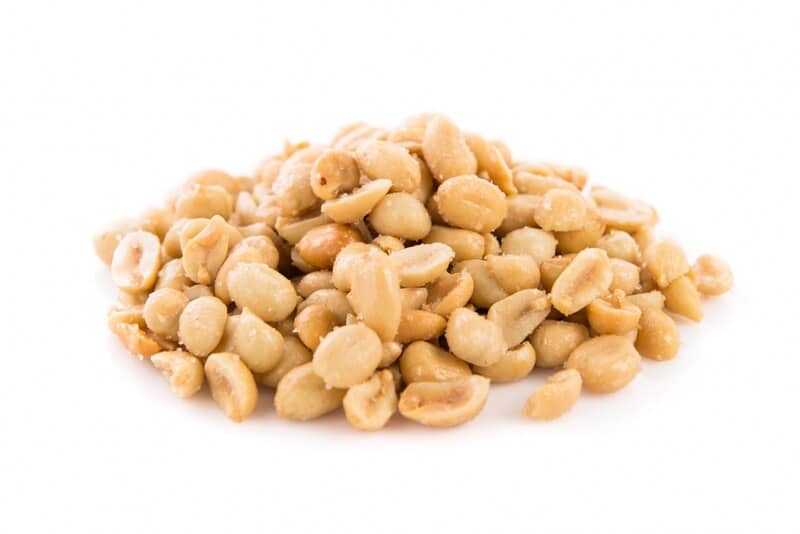
According to the primary investigator Professor Rosa M. Lamuela of the University of Barcelona Department of Nutrition, Food Science and Gastronomy, who was quoted in a statement as saying, “With this study group, it is more difficult to see any influence of dietary modifications on health,”
During the course of the randomized controlled experiment with three arms and parallel groups, the participants included a serving of peanuts in their typical diet on a daily basis for a span of sixty-one weeks. What was the result? After consuming peanuts and peanut butter on a daily basis, the individuals showed signs of better vascular health.
Peanuts and the health of the vascular system
The vascular system, sometimes referred to as the circulatory system, is comprised of a network of arteries and veins that are essential for transporting oxygen and nutrients to critical areas of the body as well as removing waste products. When it comes to preventing heart disease, which is the top cause of mortality in the United States, having a healthy vascular system is extremely crucial.
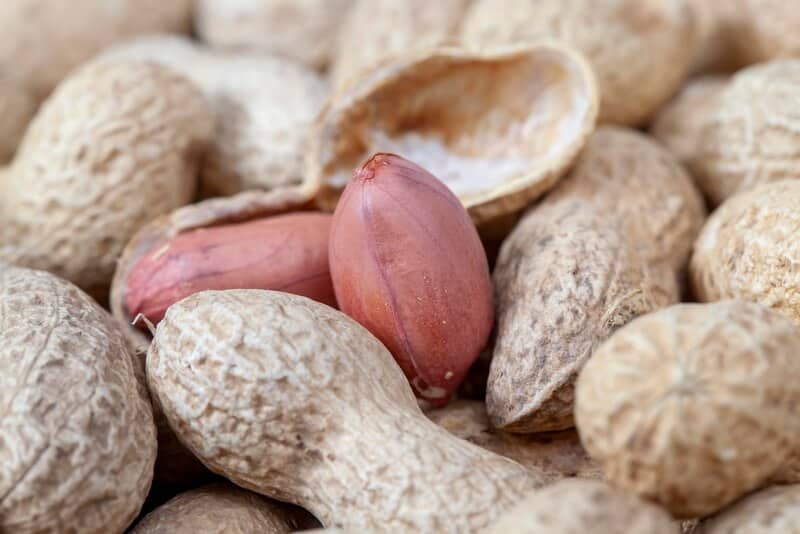
Peanuts are the most often eaten nut around the world, despite the fact that they are botanically classified as legumes. They also include a significant amount of all three essential nutrients: fatty acids, protein, and fiber. Peanuts contain polyphenols, which are beneficial substances with antioxidant qualities. Building on earlier research that supports the advantages of these compounds, researchers believe that polyphenols in peanuts may protect against cardiovascular disease.
“The findings demonstrate a considerable increase in urinary levels of phenolic metabolites in those young individuals who had consumed a daily dose of peanuts and peanut butter,” said Lamuela. “This is in comparison to the control group, which had consumed a cream without fiber or polyphenols.”
According to what she said, “Similarly, participants who ate peanuts or peanut butter also showed improved levels of prostacyclin I2 [an inflammation mediator] and the ratio between thromboxane A2 [a lipid mediator] and prostacyclin I2,” both of which are lipid molecules (eicosanoids) that are considered to be markers of vascular health.
This study is the first dietary intervention to confirm an improvement in vascular markers related to the antithrombotic (a reduction in blood clot formation) and vasodilator (opening of blood vessels) effects in healthy young people after eating peanuts. These effects include a widening of blood vessels and a decrease in the formation of blood clots.
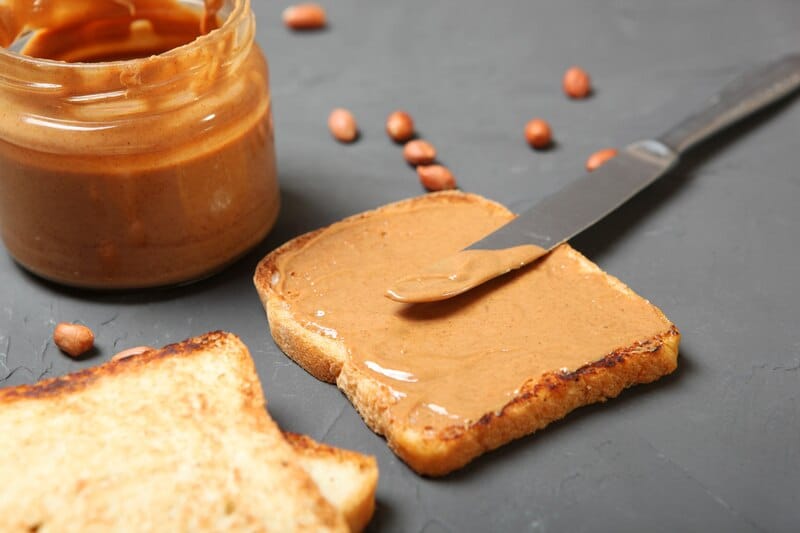
According to the study’s primary investigator Isabella Parilli-Moser, who was quoted in a statement about the findings, “Interestingly, some phenolic metabolites that increased significantly after the consumption of peanut products—especially hydroxycinnamic acids—also correlated with the improvement in both markers.”
Despite the fact that this study found a correlation between eating peanuts and having healthy blood vessels, the researchers believe that additional research is required to fully comprehend the processes that led to these results. This research was carried out as a component of the ARISTOTLE project, which is a program pushed by The Peanut Institute to investigate the prebiotic and postbiotic effects of consuming peanut-based products.
The nuts’ positive effects on one’s body
There is evidence that nuts in general, not only peanuts, are beneficial to one’s health. Researchers have discovered over the years that walnuts, which are high in omega-3 fatty acids, are beneficial to the health of the brain as well as the heart.
In the most recent research on the topic, conducted by researchers at the University of South Australia and published in the peer-reviewed scientific journal Nutrients, it was discovered that reducing stress levels in undergraduate university students by having them consume two ounces of walnuts on a daily basis for a period of 16 weeks was effective.
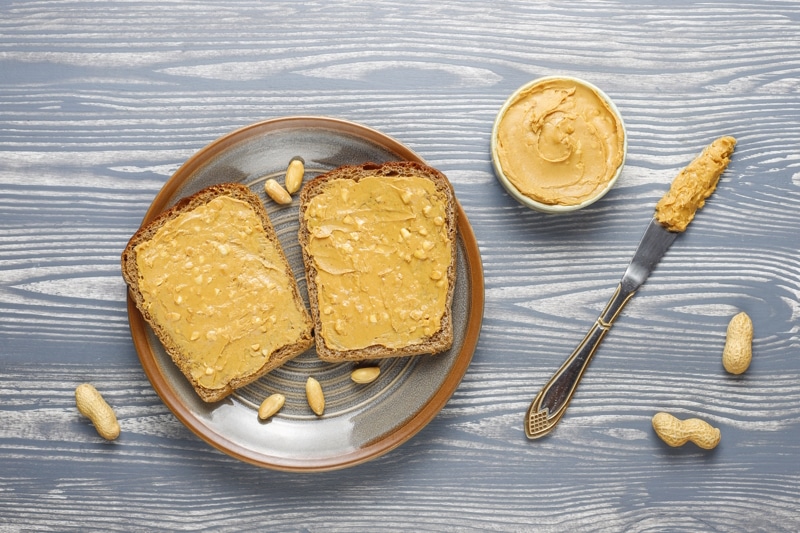
In a broader sense, there is some evidence that eating nuts as part of a plant-based diet that also includes fruits, vegetables, coffee, and legumes can reduce the risk of developing type 2 diabetes.
Researchers from the Department of Nutrition at the Harvard T.H. Chan School of Public Health collected data from 10,684 participants for a study that was published in the scientific journal Diabetologia in 2017. The study found that those who consumed these foods in this “healthy” group had a lower risk of type 2 diabetes when compared to participants who consumed unhealthy foods (such as refined grains and desserts) and animal foods. The study also found that those who consumed these foods in this “healthy” group had a lower risk of (such as eggs, dairy, and meat).
“Although it is difficult to tease out the contributions of individual foods because they were analyzed together as a pattern, individual metabolites from consumption of polyphenol-rich plant foods like fruits, vegetables, coffee, and legumes are all closely linked to a healthy plant-based diet and lower risk of diabetes,” Professor Frank Hu, who led the study, said in a statement at the time. “While it is difficult to tease out the contributions of individual foods because they were analyzed together as a pattern,”

